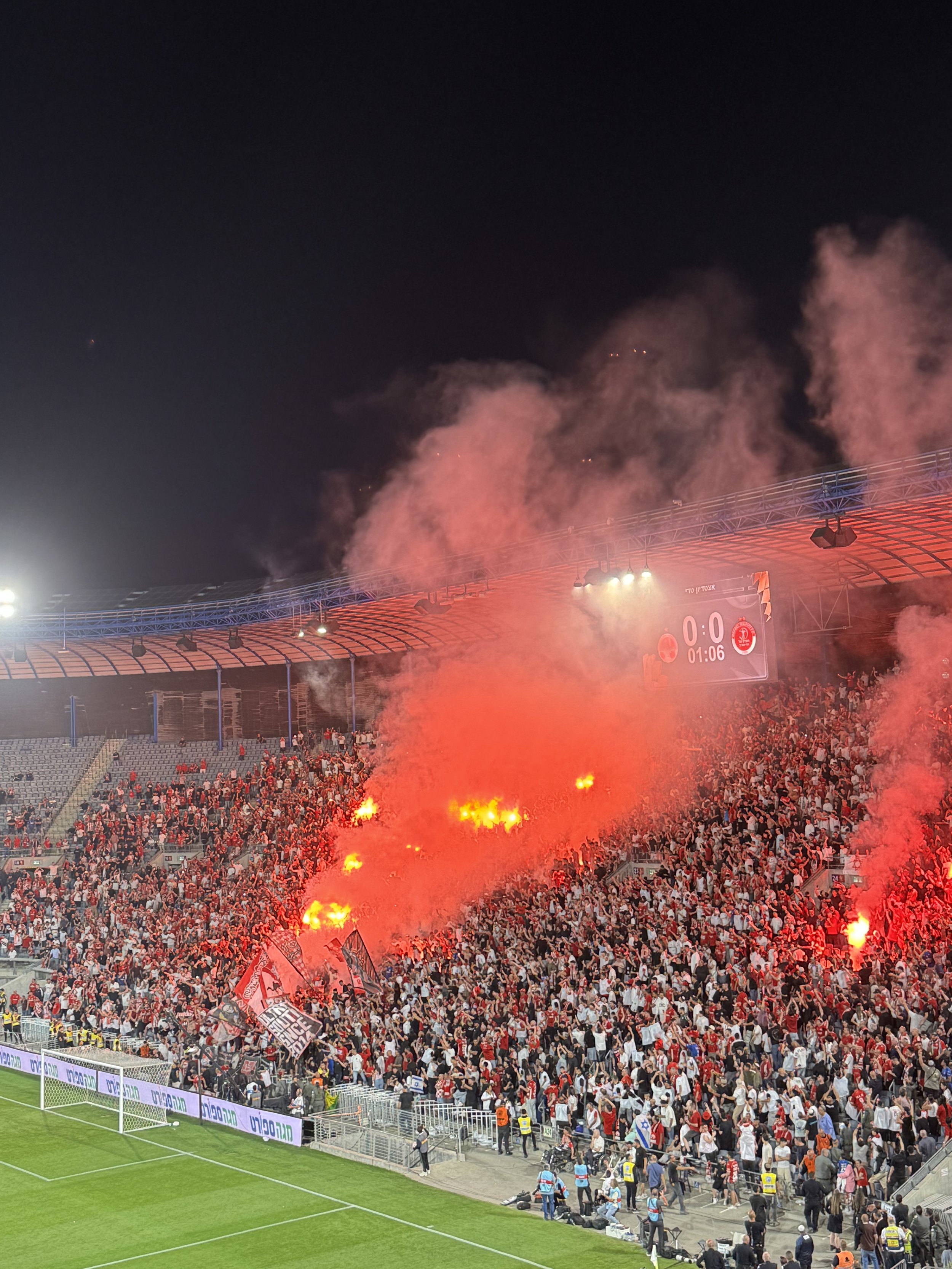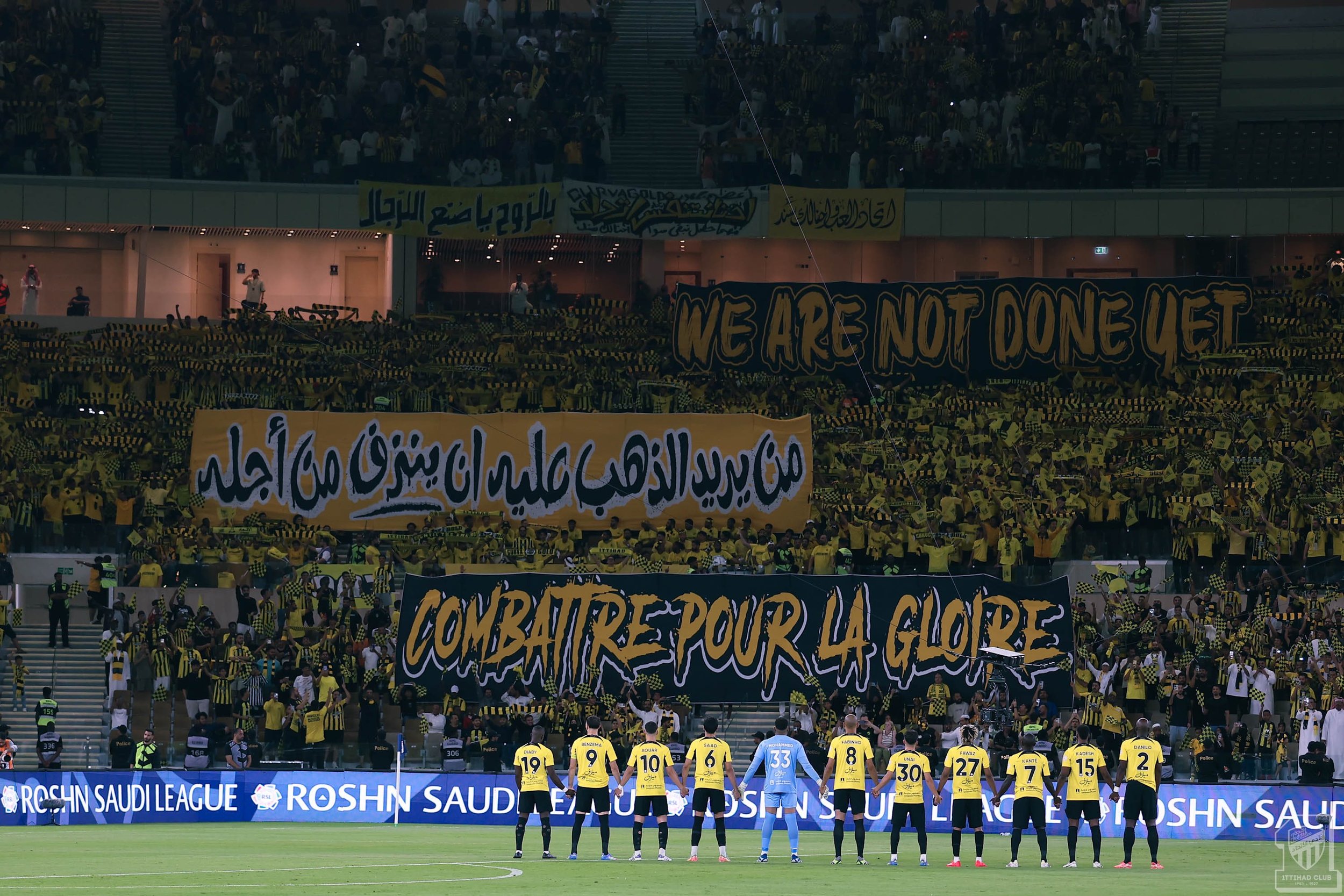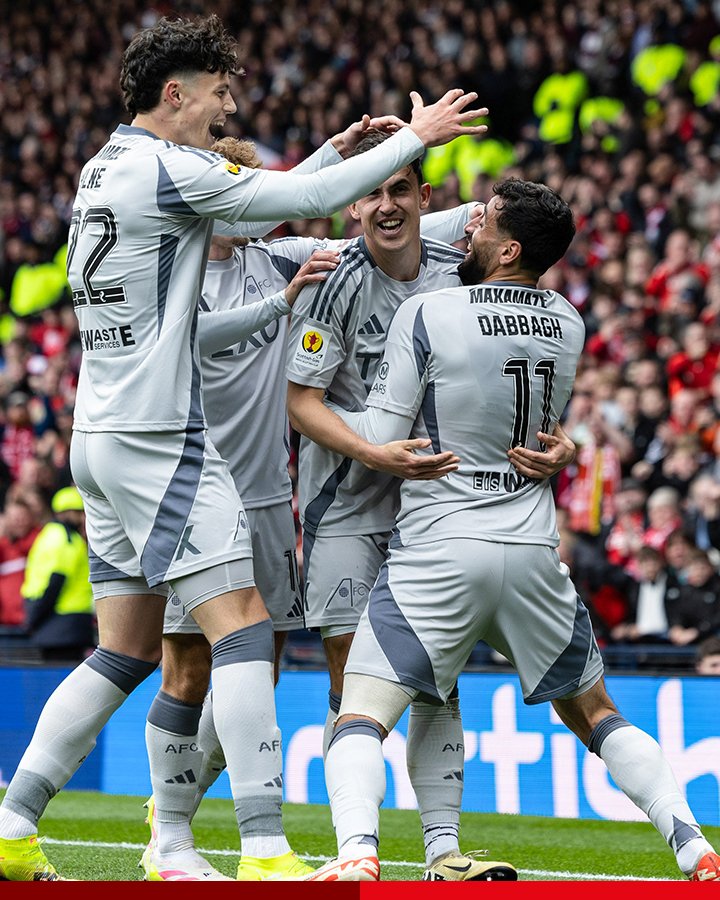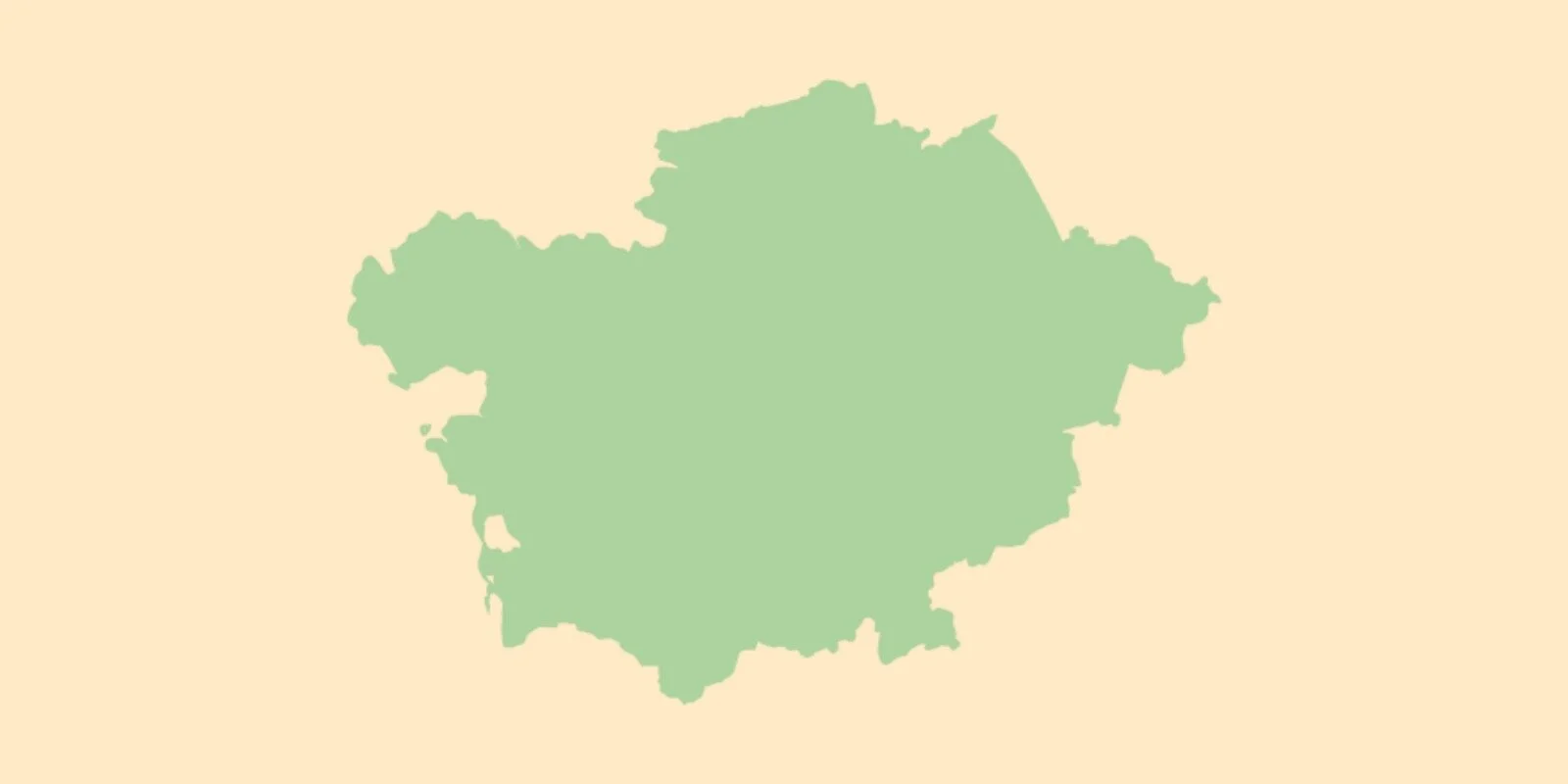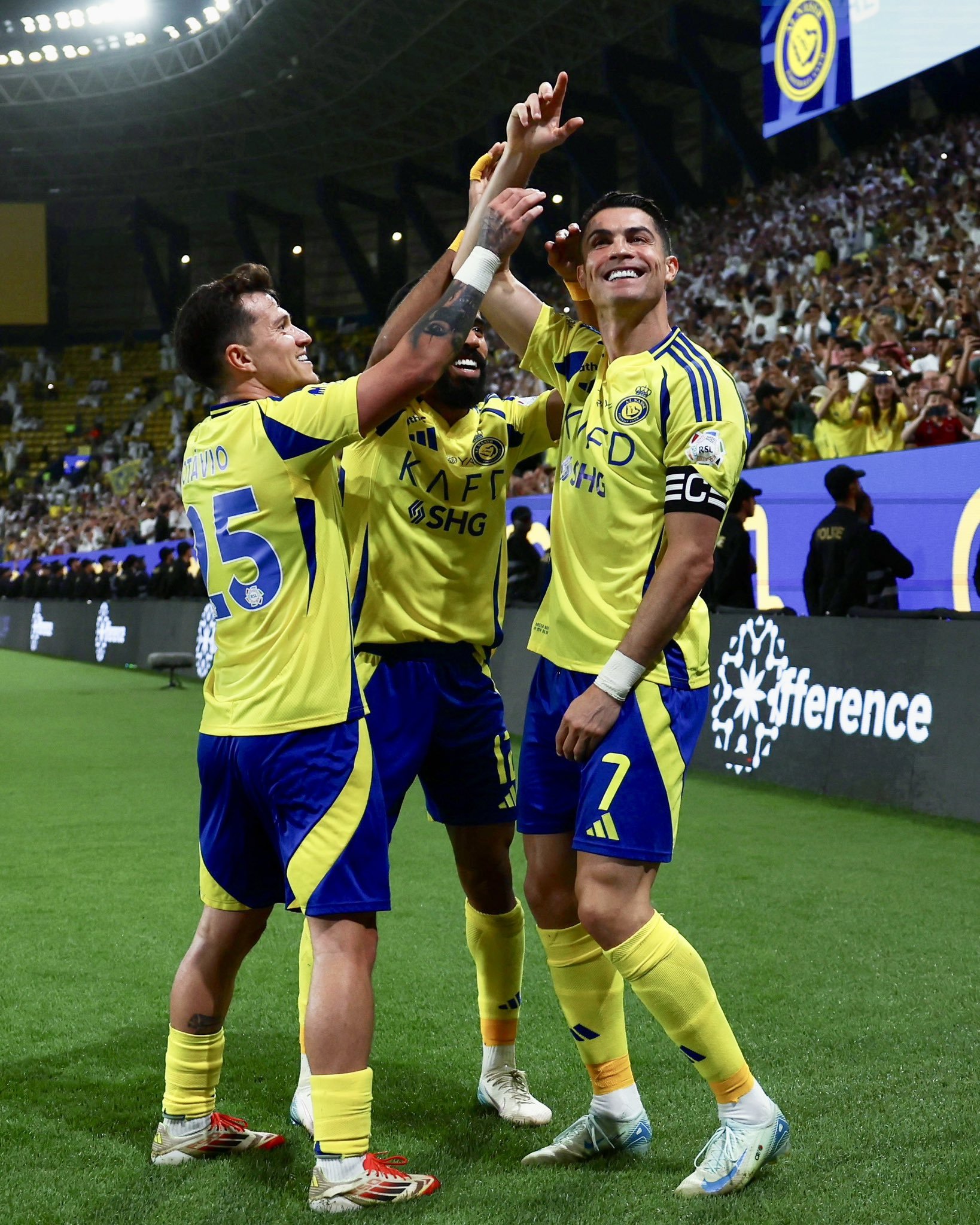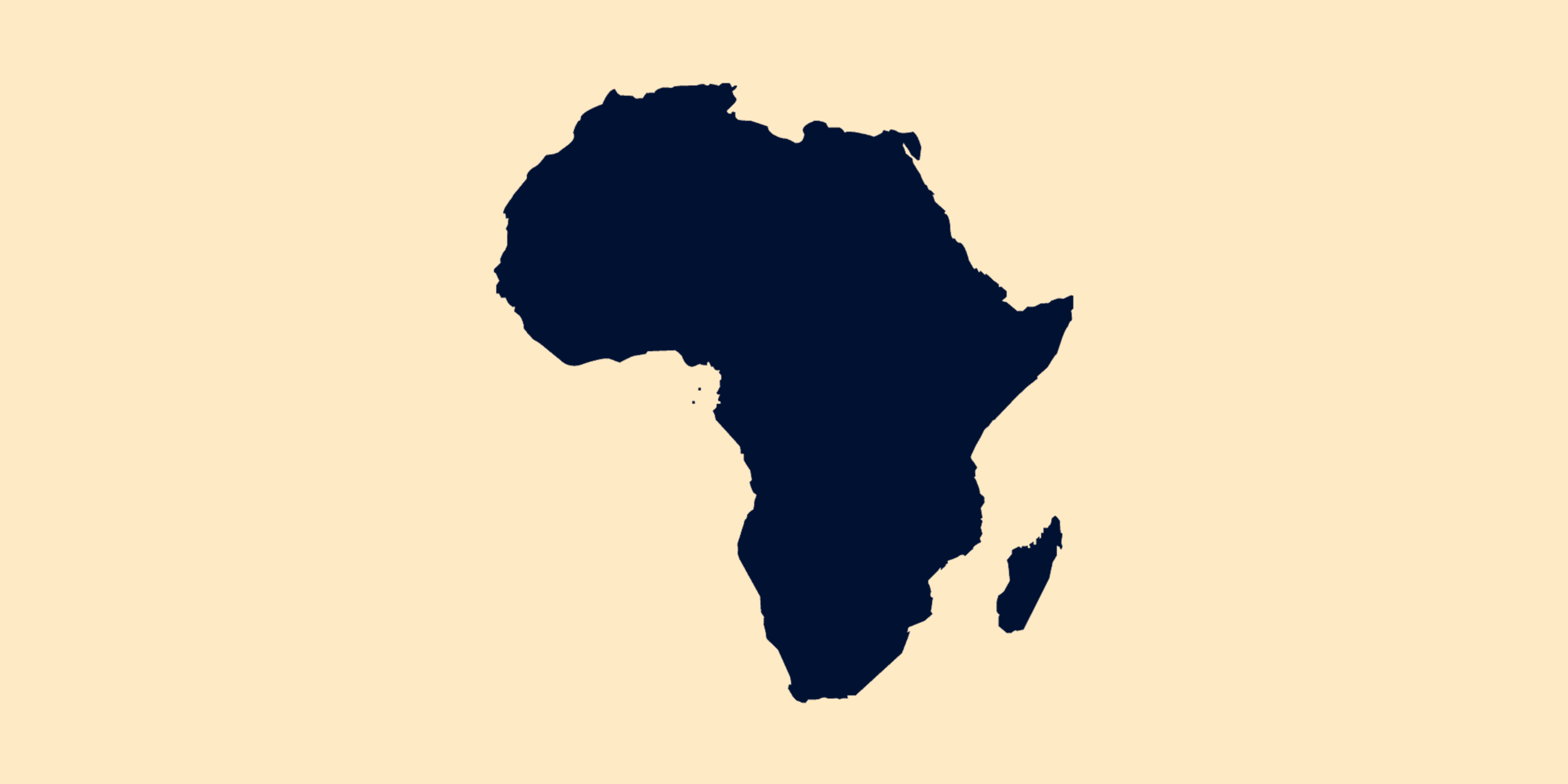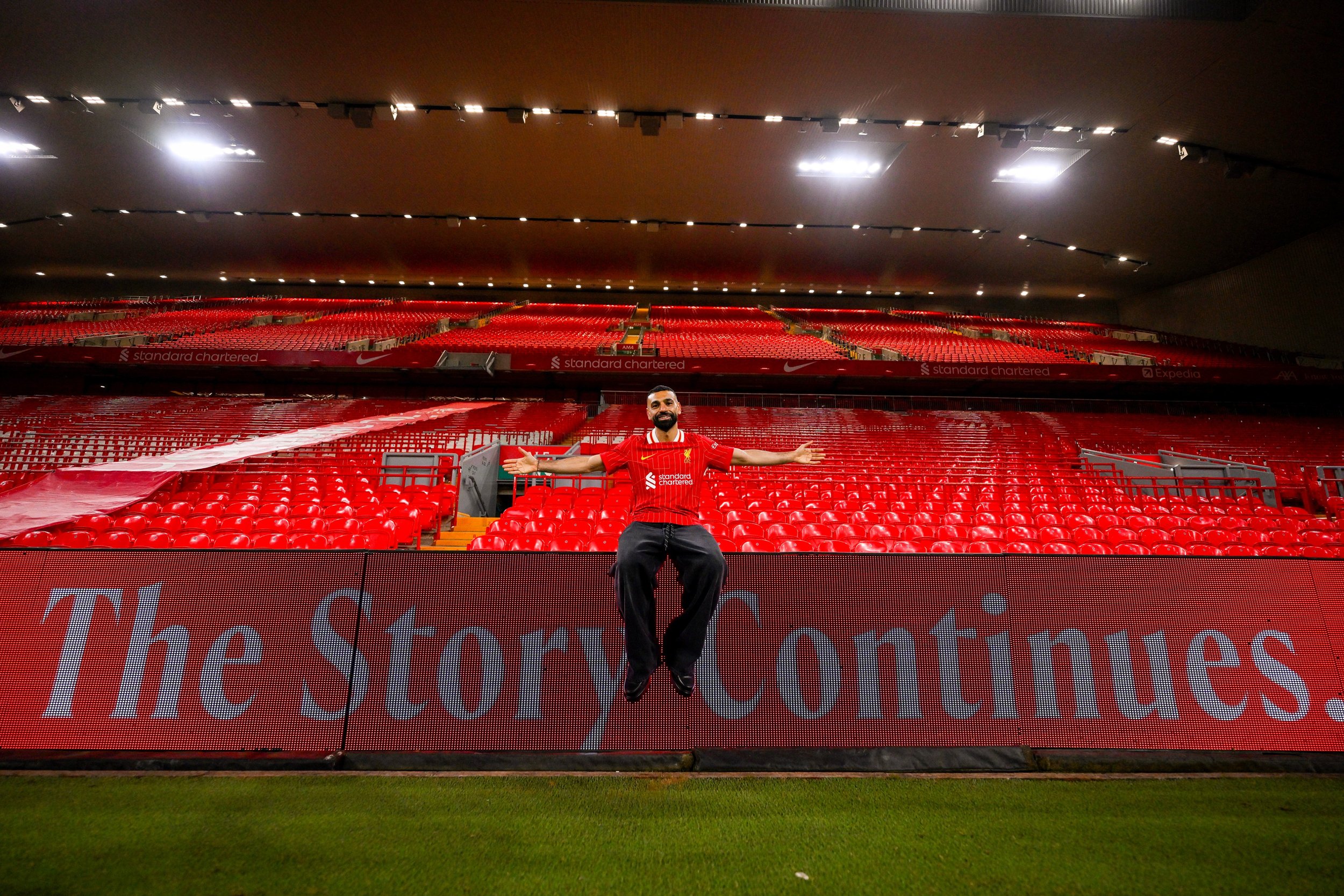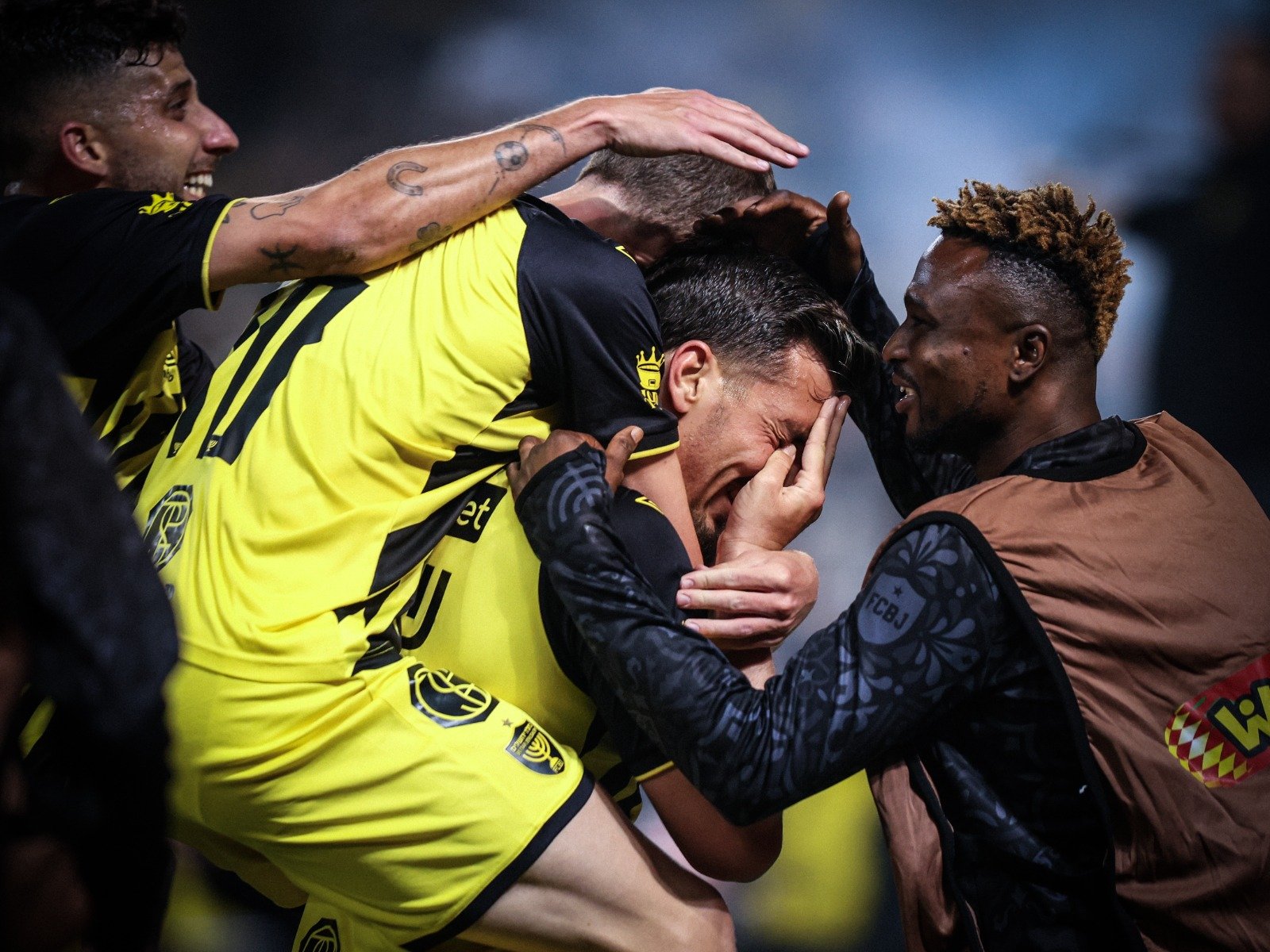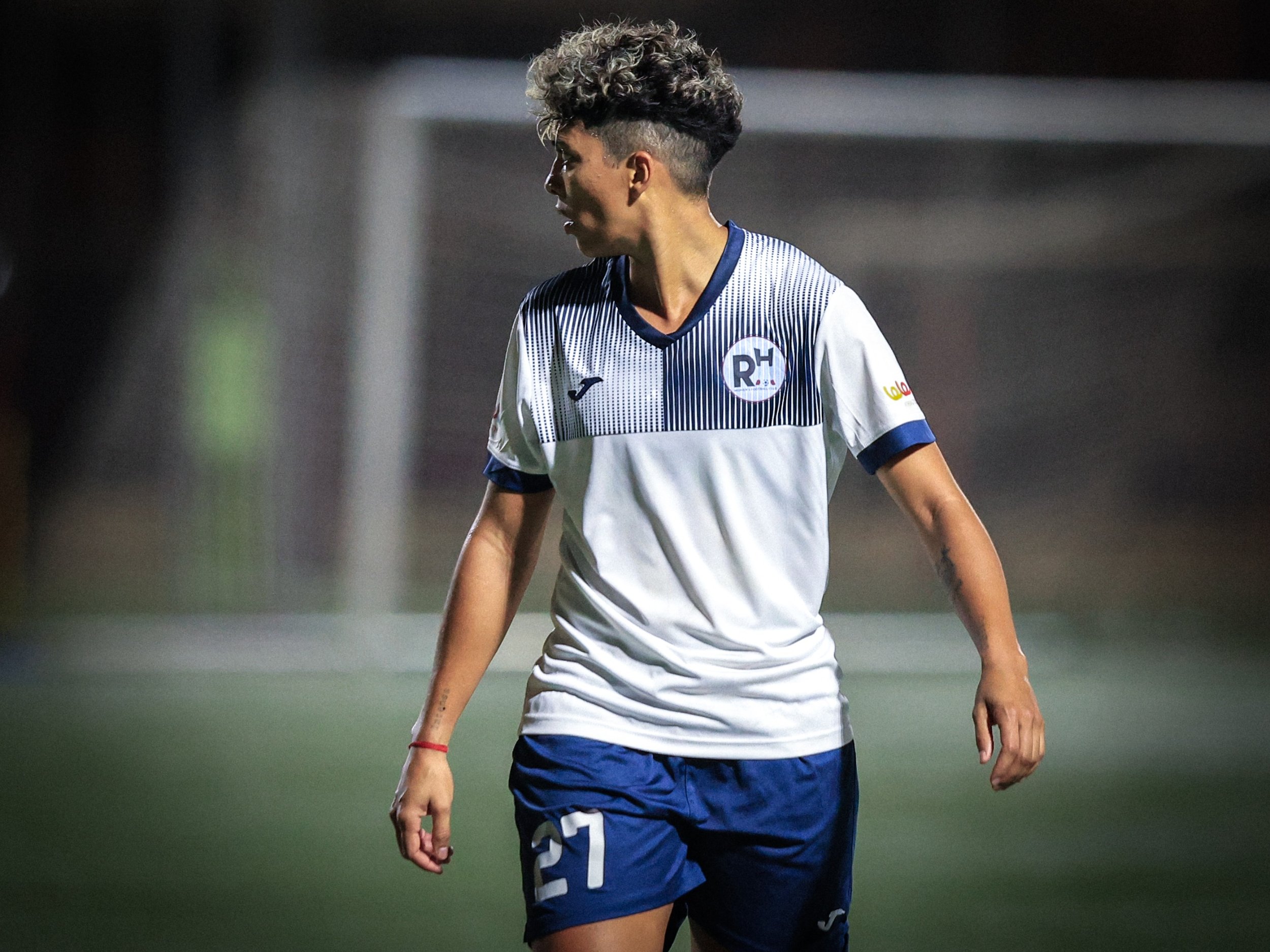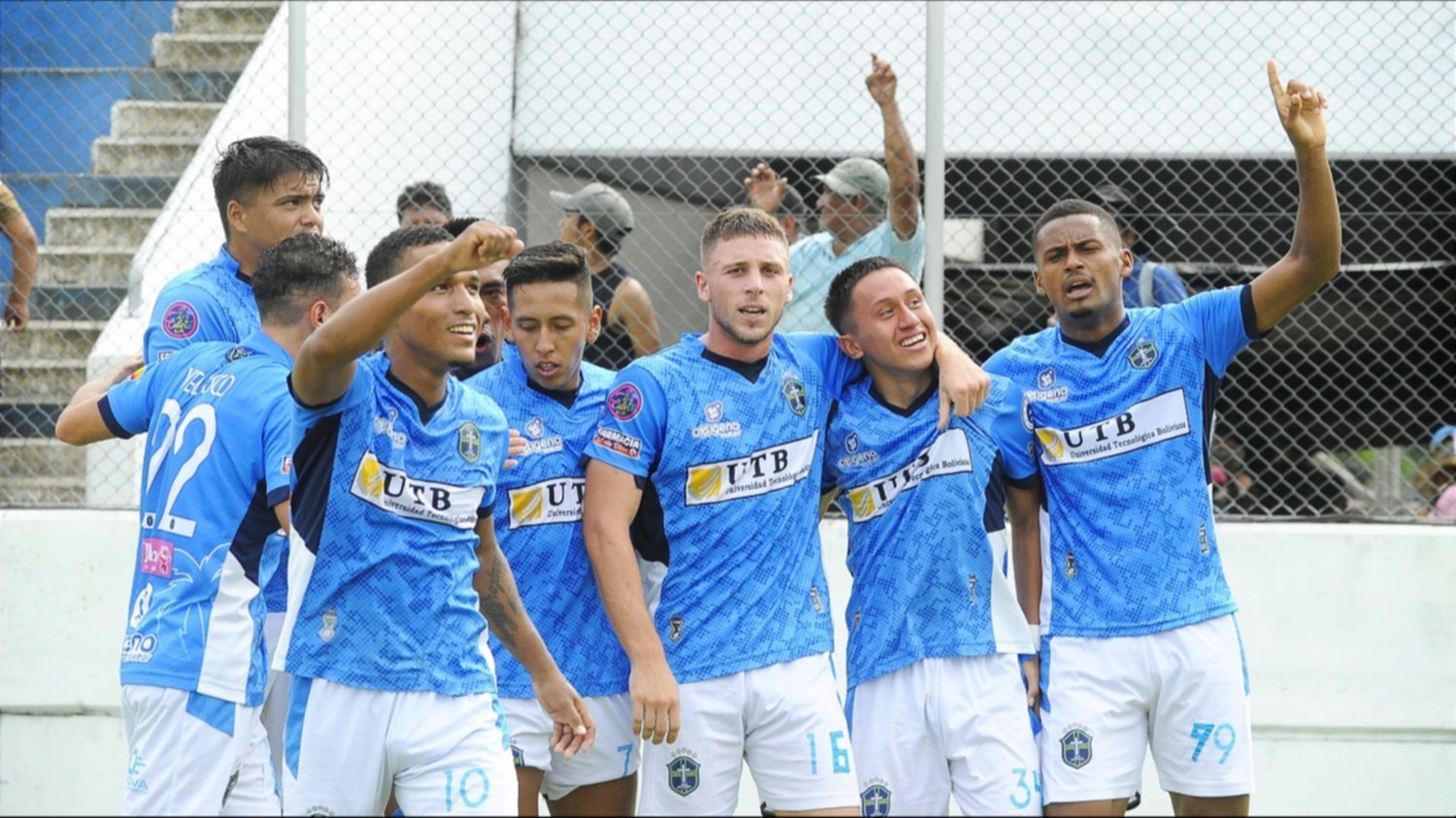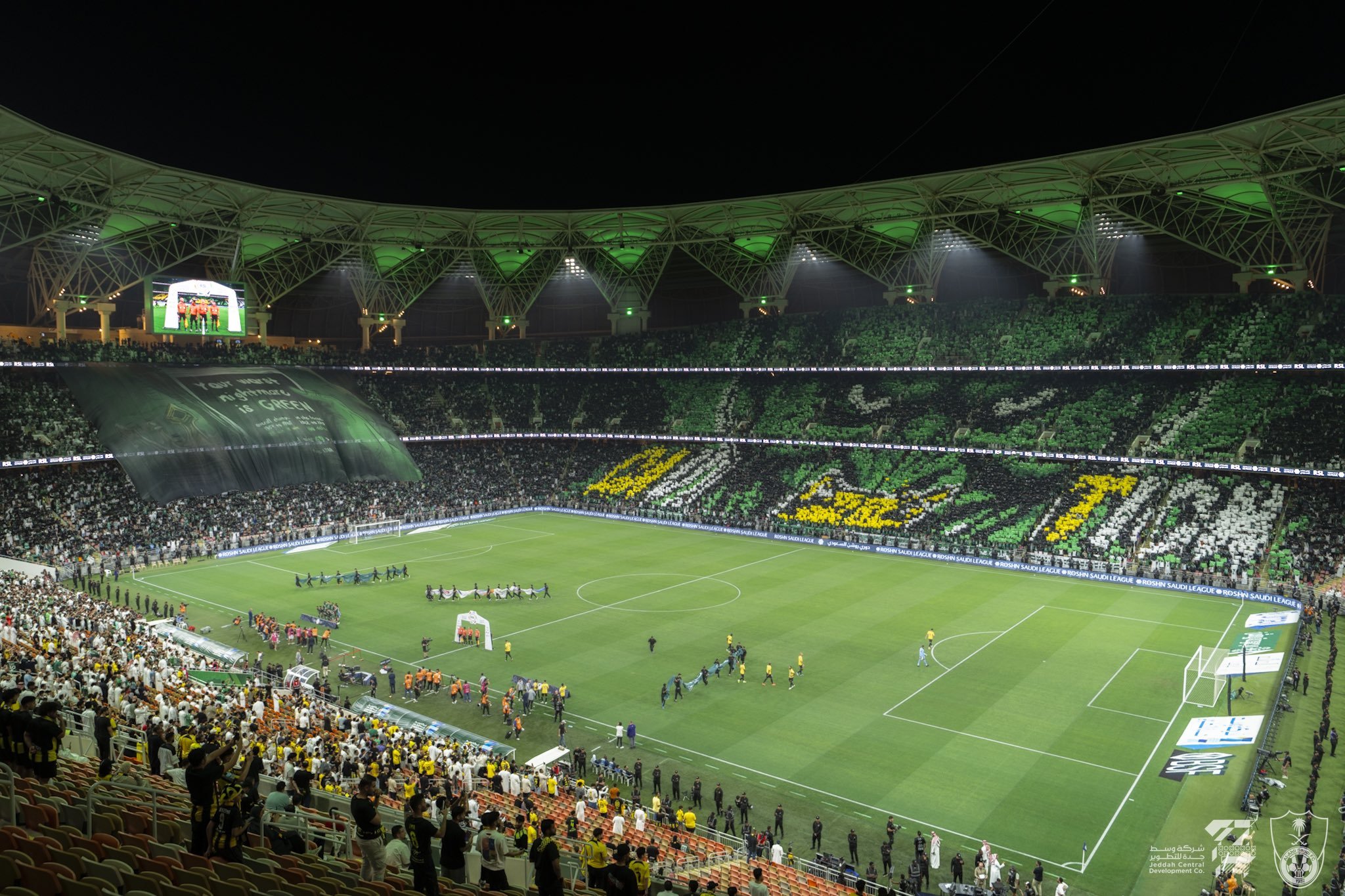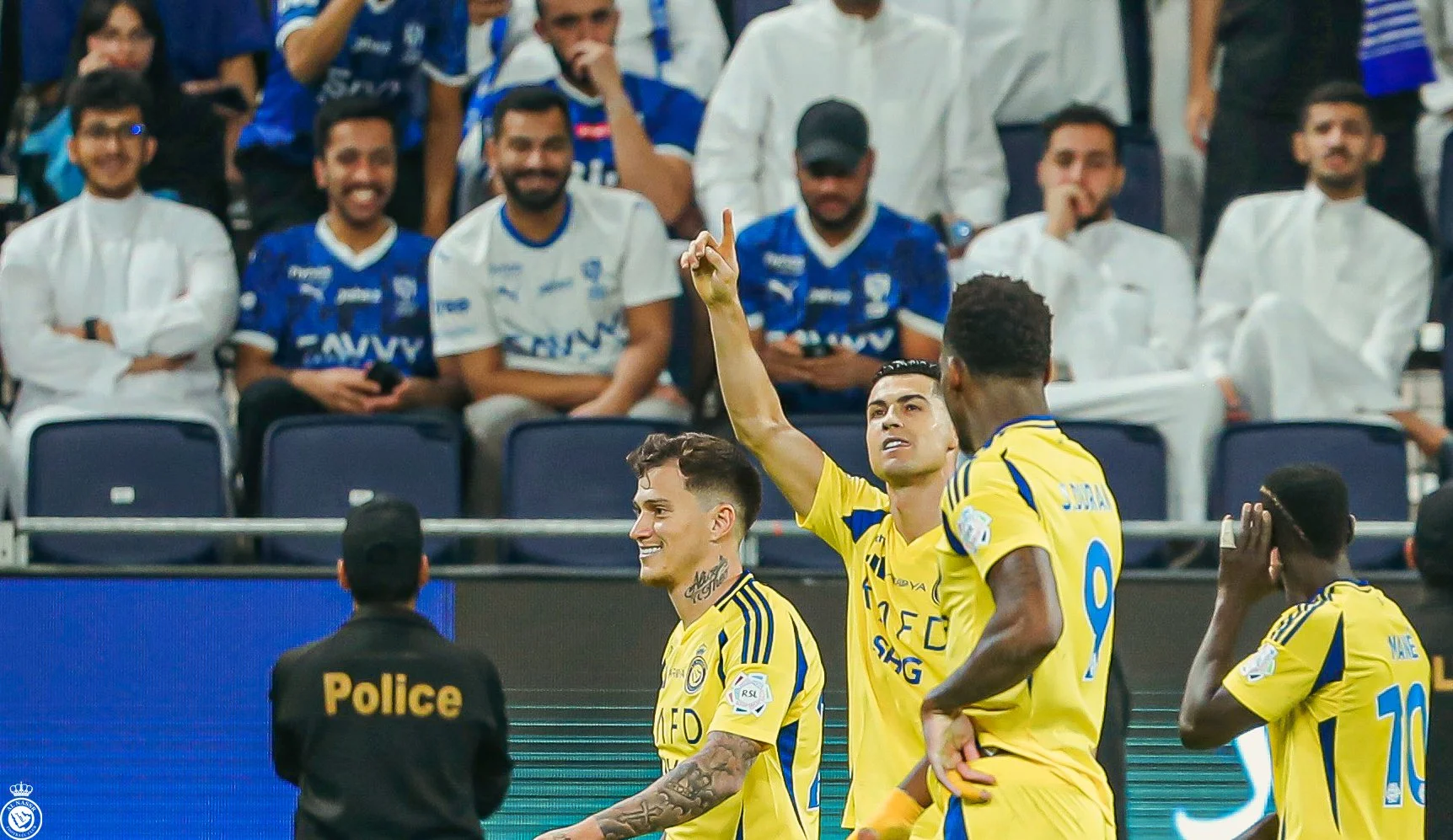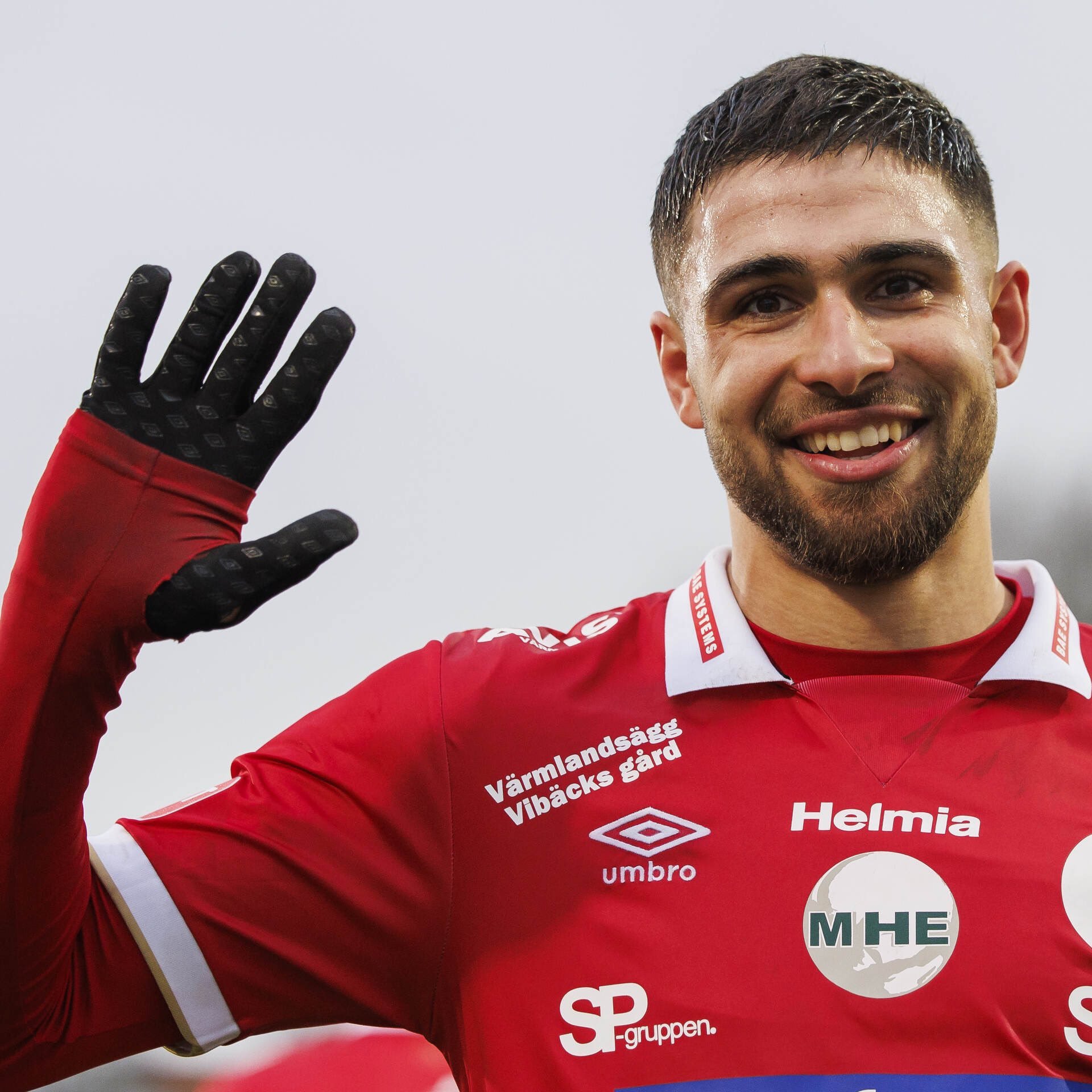"Nasser Al-Khelaifi will represent Qatar in talks in Paris on the kidnapped deal."
Reports about the presence of Paris Saint-Germain’s president in talks between Qatari and French leaders at the Élysée Palace in the French capital last month made headlines in Israel and worldwide. This intensified when it was discovered that Kylian Mbappé was also present at the dinner. Did PSG’s president and star discuss the fate of Israelis in Gaza with Mossad officials?
A powerful figure in the world of sports, and an unofficial ambassador of Qatar - in the heart of the West. Al-Khelaifi (Photo courtesy: Paris Saint Germain official website)
The answer is no, but it’s. The talks in Paris took place as part of the first official visit by a Qatari Emir to France in 15 years and the first by the current Emir, Sheikh Tamim bin Hamad Al Thani. Qatar and France have had very close relations for decades. As recalled, in 2011, Qatar acquired PSG through QSI - the Qatari Sports Investments fund - as part of a vast project aimed at deepening the country's influence in European football, improving its reputation for the 2022 World Cup, and strengthening the economic-political alliance between Qatar, France, and the West. On that same evening at the Élysée Palace, it was announced the signing of Qatar's investment agreement in France in various fields - energy, space, artificial intelligence, health, culture, and more - totalling about ten billion euros by 2030.
Many countries are working towards 2030. China has a plan, and Saudi Arabia has the famous "Vision 2030" by Mohammed bin Salman. Qatar also has a vision, and so does France. As the star player of the French national team, Mbappé is the face of France's 2030 plan. Young, talented, coming from a diverse background, playing for the most successful club, a cultural icon in the making, and a global influencer. The fact that he is PSG's player also made him the face of Qatari investment in France. So what Mbappé did at the event is clear, but what did PSG president Al-Khelaifi do there?
Nasser Al-Khelaifi is one of the most influential figures in the football world. Besides being the president and CEO of PSG, he holds a variety of powerful and influential roles. He is the president of the media giant BeIN and of QSI, which owns PSG, AS Roma, and more; president of the Qatari and West Asian Tennis Federations; a member of FIFA's organizing committee and president of the European Club Association (ECA). Along the way, he was also a minister without portfolio in the Qatari government.
Al-Khelaifi (50) was born in Qatar before the oil boom. His father was a pearl diver, and he played tennis. He became a professional tennis player and a member of Qatar's Davis Cup team, ranked 995th in the world at its peak. On the tennis courts in his childhood, Al-Khelaifi first met Emir Tamim. Although Al-Khelaifi is six years older than the Emir, they connected and maintained a close relationship ever since. In 2004, he retired and began his career in media as a broadcasting rights manager at Al Jazeera. In 2011, when the Emir established the Qatari Sports Fund (QSI), he approached his old friend from the tennis court, who, in the meantime, had built BeIN and told him to join him for the ride.
And so, Al-Khelaifi gained access to enormous government budgets earmarked for sports and influence. He acquired Paris Saint-Germain, strengthened his position in European football, and became one of the most influential global football and sports figures. Al-Khelaifi became, de facto, a Qatari ambassador in the heart of the West.
Much speculation has developed around that evening at the Élysée Palace. Alongside the sports angle, many believed that Qatar was pressuring Mbappé to stay in Paris after he announced he would leave and seemed to be nearing Real Madrid. As recalled, the Qatari and French presidents intervened when Mbappé considered leaving PSG for Real. Beyond the sports rivalry and the competition between a relatively young club and the decorated club in European football, the rivalry between PSG and Los Blancos is a struggle between new money (Qatar) and old money (Europe), and in a more profound sense, between East and West.
Israeli, Qatari, and French sources present on that evening confirmed to Israel Today that several key figures in Franco-Qatari relations attended the event, and the future of Mbappé at PSG was not discussed in the meeting between the president and the Emir about the situation in Gaza.
In Israel, Qatar is perceived as an enemy state funding Hamas. Still, in the world, it is seen as a significant player in the current geopolitical struggle and a critical partner of France. France does not have significant military and political influence in the Middle East. Cooperation with Qatar strengthens its position in the region, allowing it to develop energy and technology sectors and strengthen areas where it excels—academia, culture, sports, and especially football.
Macron and the Qataris still dream of the first Champions League title landing in Paris, and if possible, before the 2024 Olympics. It is an opportunity for the French to prove that despite not being a significant player in Middle Eastern geopolitics, they are still influential and essential in other areas globally. It's an integral part of their "2030 plan": "To position France not only as a player but as a leader in the future world." This vision is expected to peak in 2035 after an extensive investment of around 54 billion euros, with Qataris funding about a quarter, about 3% of France's general annual budget.
Nasser Al-Khelaifi is a crucial figure in this. Through football, he has promoted Qatar and France's 2030 visions, deepening Qatari influence in France for years to come. Along the way, he has become one of the most influential figures in football and is indirectly involved in issues such as the Gaza conflict and the release of hostages. With his success as PSG president, France has strengthened its connections with the Qatari funding, the new money. Massive sums that change reality and deepen ties with a country that plays with everyone and on every field while testing relations between Europe and the Arab world and between East and West.
The article was first published in Israel Hayom.
Cover photo via Paris Saint Germain official website.


